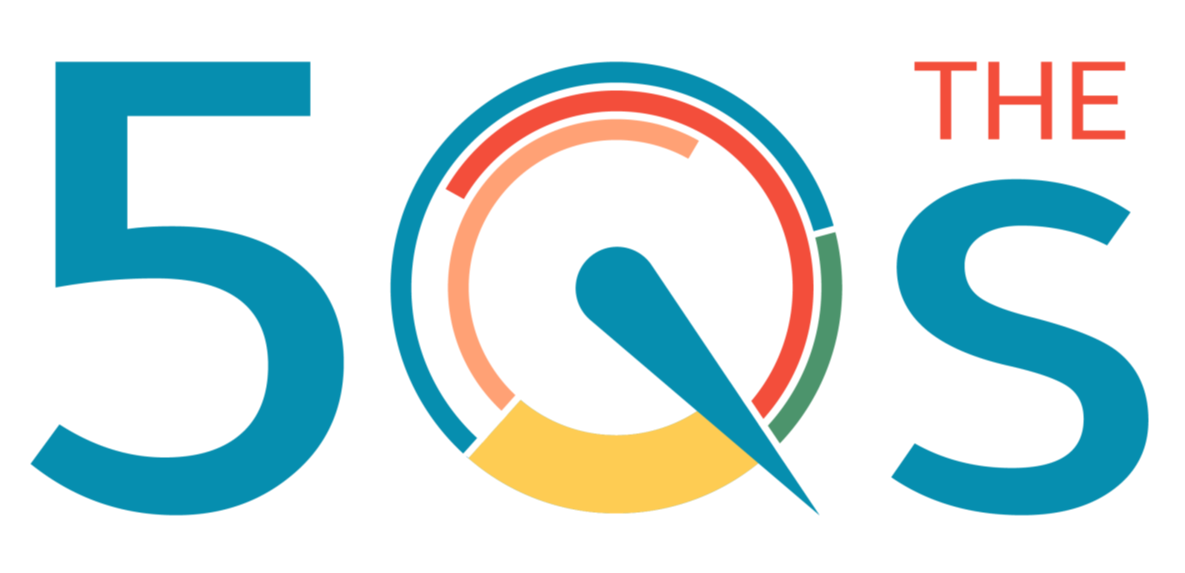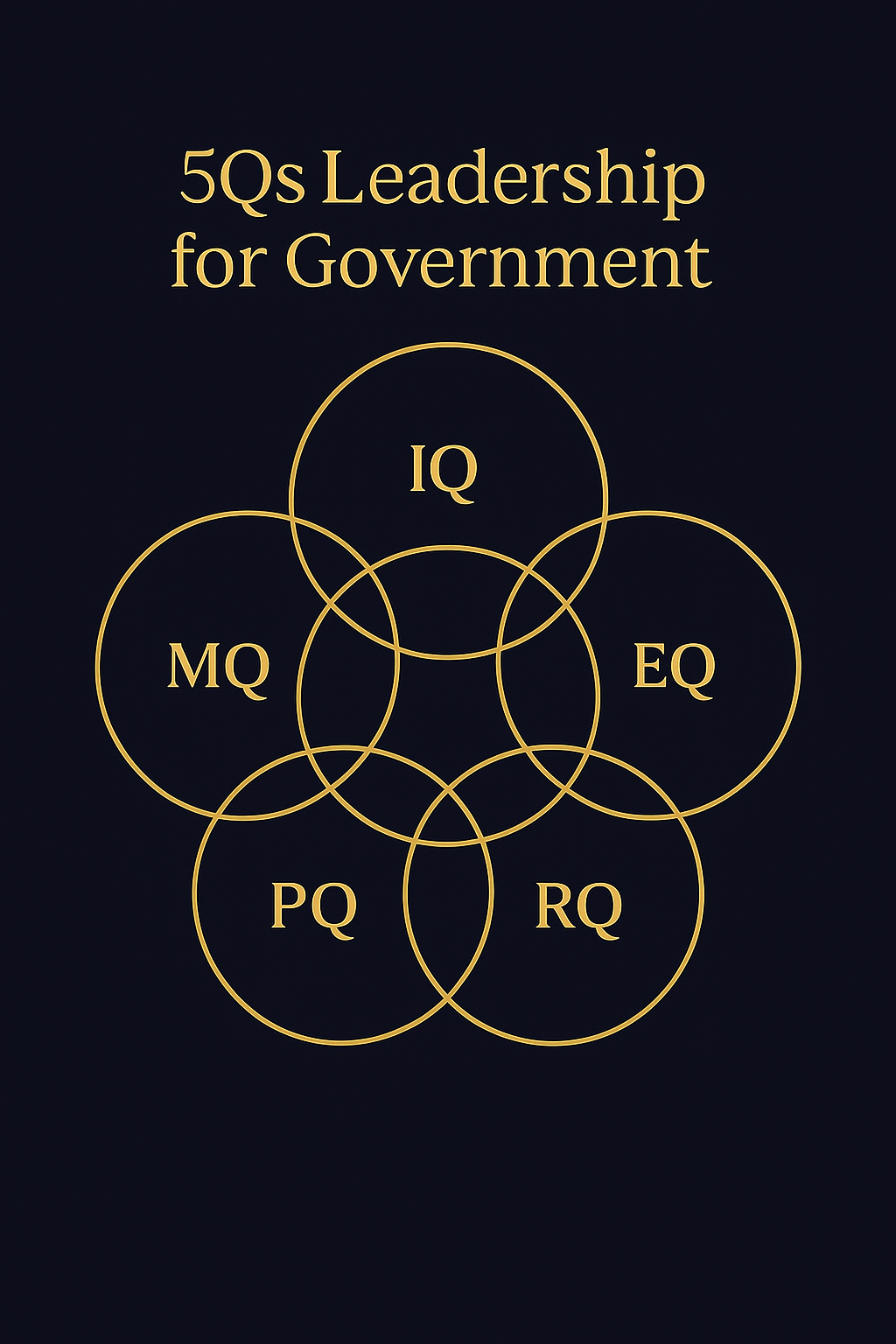5Qs Leadership Intelligence for Governments
Transforming Public Sector Leadership with the 5Qs
Cognitive Intelligence (IQ)
At the core of better governance is the ability to analyse data and craft policies that address both immediate demands and long-term goals. IQ is a foundational skill for leaders at all levels who are called upon to synthesise complex information and drive informed, intelligent decision-making.
Political Intelligence (PQ)
In government, political acumen helps government members manage competing interests and achieve cross-department alignment. Political leaders must manage multiple stakeholders’ agendas, allowing space for all voices to be while simultaneously advancing the public interest.
Emotional Intelligence (EQ)
For those in public sector leadership, high EQ helps politicians understand the emotions and motivations of the diverse stakeholders influenced by their decisions, from individuals and families up to corporations, councils and state bodies. First and foremost, public servants must be able listen and respond effectively to their constituents’ needs.
Resilience Quotient (RQ)
Public leadership requires resilience in the face of constant change. Improve their RQ, and leaders are rewarded with the strength to persist through adversity, whether dealing with public criticism or putting out the proverbial fires. Resilient leadership trickles down to individual team members, who become better equipped to manage performance under pressure.
Moral Intelligence (MQ)
Arguably the most important Q for ethical decision-making is moral intelligence. While IQ, EQ, and PQ may be applied in value-neutral ways, MQ serves as the conscience of public sector leadership. MQ guides leaders to make decisions that are yes, effective, but also, crucially ethical, keeping the public’s welfare at the forefront of every action.

